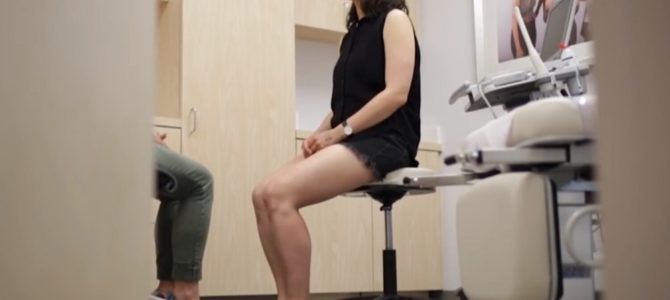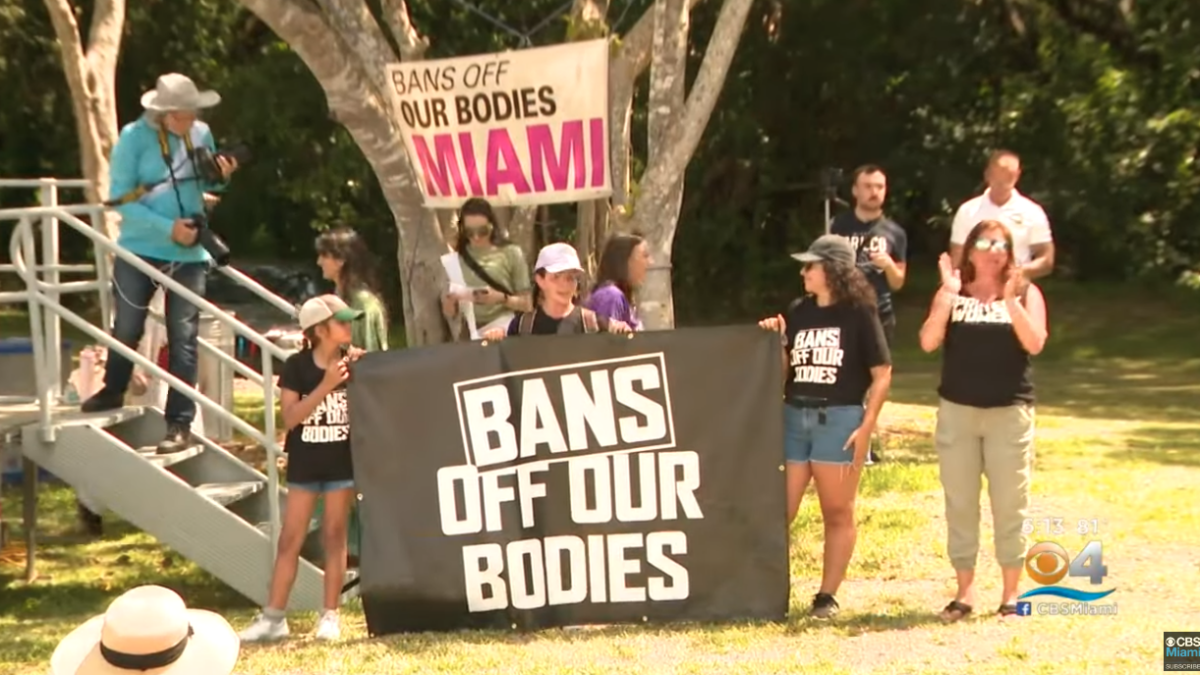Fearing a case that goes all the way to the Supreme Court and overturns Roe v. Wade—which would leave abortion’s legality up to each state—pro-abortion politicians across the country are working to enshrine abortion in individual state laws.
Most of the proposed state-level laws follow the template of New York’s so-called Reproductive Health Act, which was passed in 2019 on the 46th anniversary of Roe v. Wade and eliminated virtually all restrictions on abortion in New York. The RHA makes abortion legal at any time, including the last trimester of pregnancy, allows abortions to be performed by medical practitioners who are not doctors, and removed abortion from the criminal code.
The latter change means prosecutors can no longer prosecute charges of second-degree murder in cases where an attack on a pregnant woman leads to the death of her unborn child.
The abortion extremists pushing these state laws typically advocate abortion through all nine months of pregnancy and even support infanticide if an unborn baby survives. They want us to believe they’re working in the best interests of women. Looking at the facts, that’s far from the truth.
On March 4, the U.S. Supreme Court will hear the case of June Medical Services v. Russo, which challenges Louisiana’s Act 620. That act, which is crucial for women’s health, requires that abortion providers are located within 30 miles of a hospital so women can get prompt medical care if anything goes wrong during the procedure.
Act 620 does nothing to limit access to abortion, yet its opponents refer to as a “restrictive” abortion law putting undue burden on women seeking abortions. As one of the more than 2,500 women plaintiffs in an amicus brief regarding this case, I find it ironic that abortion providers are the ones who insist they are speaking for women.
The very people who make their money performing abortions, and would be the ones responsible if an abortion goes wrong, are objecting to precautions that could mean the difference between life and death for women.
As someone who has actually experienced the detrimental effects of abortion and has been working with other women for more than 20 years—many of whom have been injured, emotionally and physically, as a result of abortion—these are the last people I want speaking for me and other women.
Although the pro-abortion side doesn’t like to acknowledge it, women still die from abortion-related complications every year. Others suffer serious damage to the cervix, perforation of the uterus, infections, and hemorrhaging.
Those problems are separate from the psychological impact, which for many women includes depression and suicidal ideation. Statistics are hard to come by because the official line is that women suffer no deleterious psychological or emotional effects from abortion. It’s a cruel irony when people who claim to advocate for women are the very same people gaslighting women by telling them their feelings aren’t valid or real.
Women who get abortions are everywhere. They are our mothers, sisters, daughters, and friends. Why would anyone object to ensuring their safety if there is a medical emergency as a result of an abortion procedure?
In the past year at Planned Parenthood’s Margaret Sanger Clinic in New York City, at least 13 women were carted away in ambulances, according to a tally kept by Operation Rescue. We never hear about those cases. Where is the outrage from abortion extremists? Where is their concern for the safety of women?
Ask their families, or the families of those who have died, if abortion clinics should have hospital privileges. My guess is they would all say yes.









